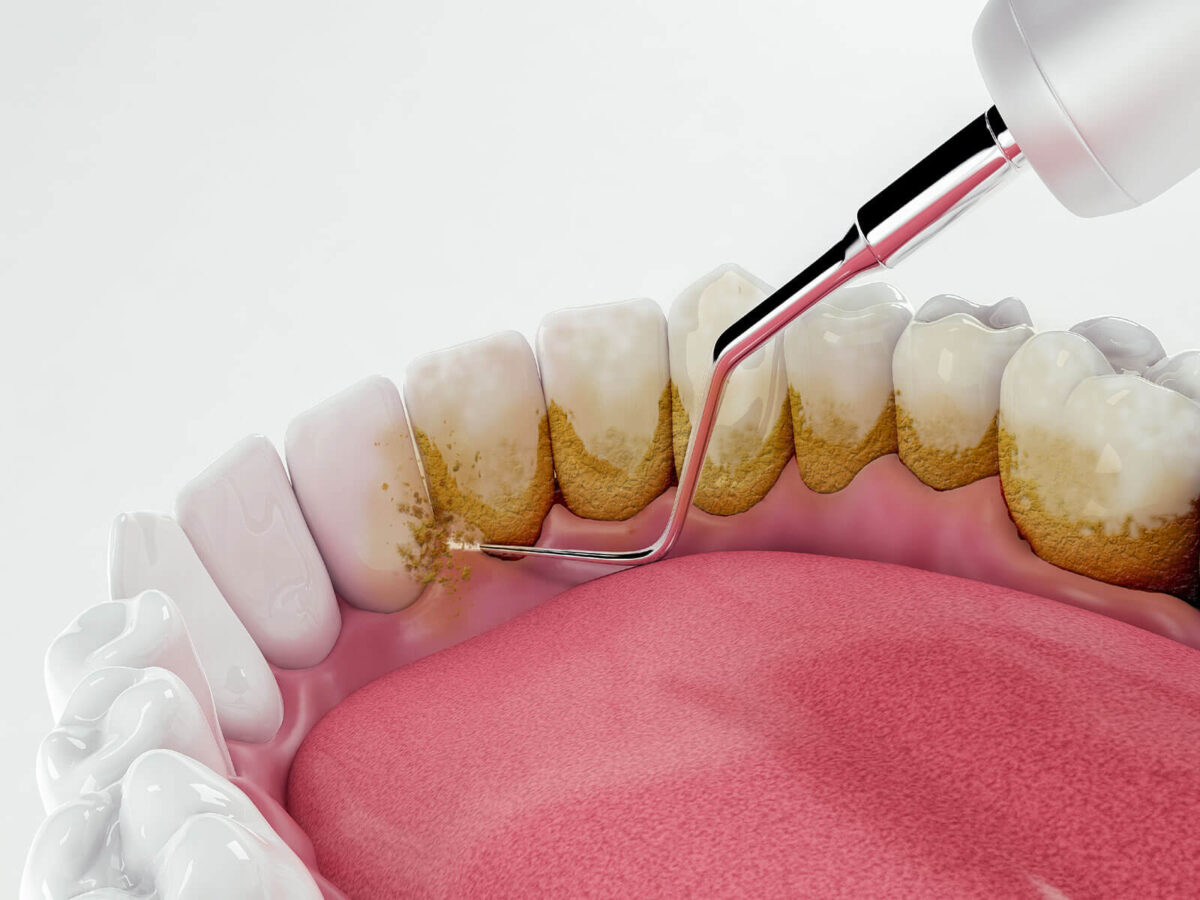Blog
Dental hygiene tips for healthy teeth & gums

Uncover the Cause of Eroded Enamel
Enamel, the tooth’s protective outer shell, safeguards the visible part of the tooth above the gum line, also known as the crown. This translucent barrier allows the underlying dentin to shine through, contributing to the overall color of your teeth and playing a pivotal role in dental health.
Enamel’s durability is vital for effortless biting and chewing and shields the tooth from potential damage, including sensitivity to extreme temperatures. However, enamel can be worn down by repetitive grinding, chipped by impacts, or eroded by acidic beverages like coffee, tea, red wine, and soda, which can also intensify surface stains.
Since enamel doesn’t possess regenerative cells, it cannot repair itself like other body tissues. To preserve enamel, it’s essential to avoid behaviors and foods that contribute to its erosion.
Overview of Common Causes of Enamel Erosion
Enamel erosion is the chemical loss of mineralized tooth tissue, primarily due to acids from diet, environment, or internal bodily processes. Erosion not only ages the appearance of teeth but can lead to heightened sensitivity, revealing the softer dentin and increasing cavity risks. Besides acid exposure, enamel can also diminish due to mechanical friction and wear. Some prevalent sources of enamel erosion include:
- Friction from grinding or clenching teeth
- Manual abrasion from harsh brushing or chewing on hard objects
- Stress fractures from trauma or misaligned teeth
- Corrosion due to regular exposure to acids
- Decreased saliva production, impeding the mouth’s ability to neutralize acids and bacteria
How Does Enamel Wear Off?
- Enamel erosion often results from habits such as:
- Consuming sugary snacks
- Eating acidic or sour foods
- Drinking fruit juices and carbonated beverages
- Chewing on hard objects like ice or pencils
- Ingesting high amounts of vitamin C
- Diets heavy in sugars and starches, promote plaque and cavity-causing bacteria
- Acid reflux from conditions like heartburn or GERD
- Regular use of medications like aspirin and antihistamines
Medical Terms Related to Common Causes of Enamel Erosion
- Tooth enamel can erode due to various factors, including:
- Friction from bruxism, often an unconscious act during sleep
- Damage from chewing on hard items, improper flossing, or aggressive tooth brushing
- Stress fractures from bending or twisting forces on the tooth
- Corrosion from consuming acidic foods or beverages
- Bulimia, associated with cavities and enamel degradation due to its symptomatic acid reflux, vomiting, and binge eating
Conclusion
Saliva is the unsung hero in maintaining robust enamel. It enriches the teeth with a protective mineral layer and flushes out waste and erosive acids. Saliva also bolsters the teeth’s defenses against bacteria. While enamel presents a tough exterior, it’s vulnerable to gradual wear from teeth grinding or persistent exposure to stomach acids. Understanding the common causes of enamel erosion is crucial in preserving your smile’s integrity.
